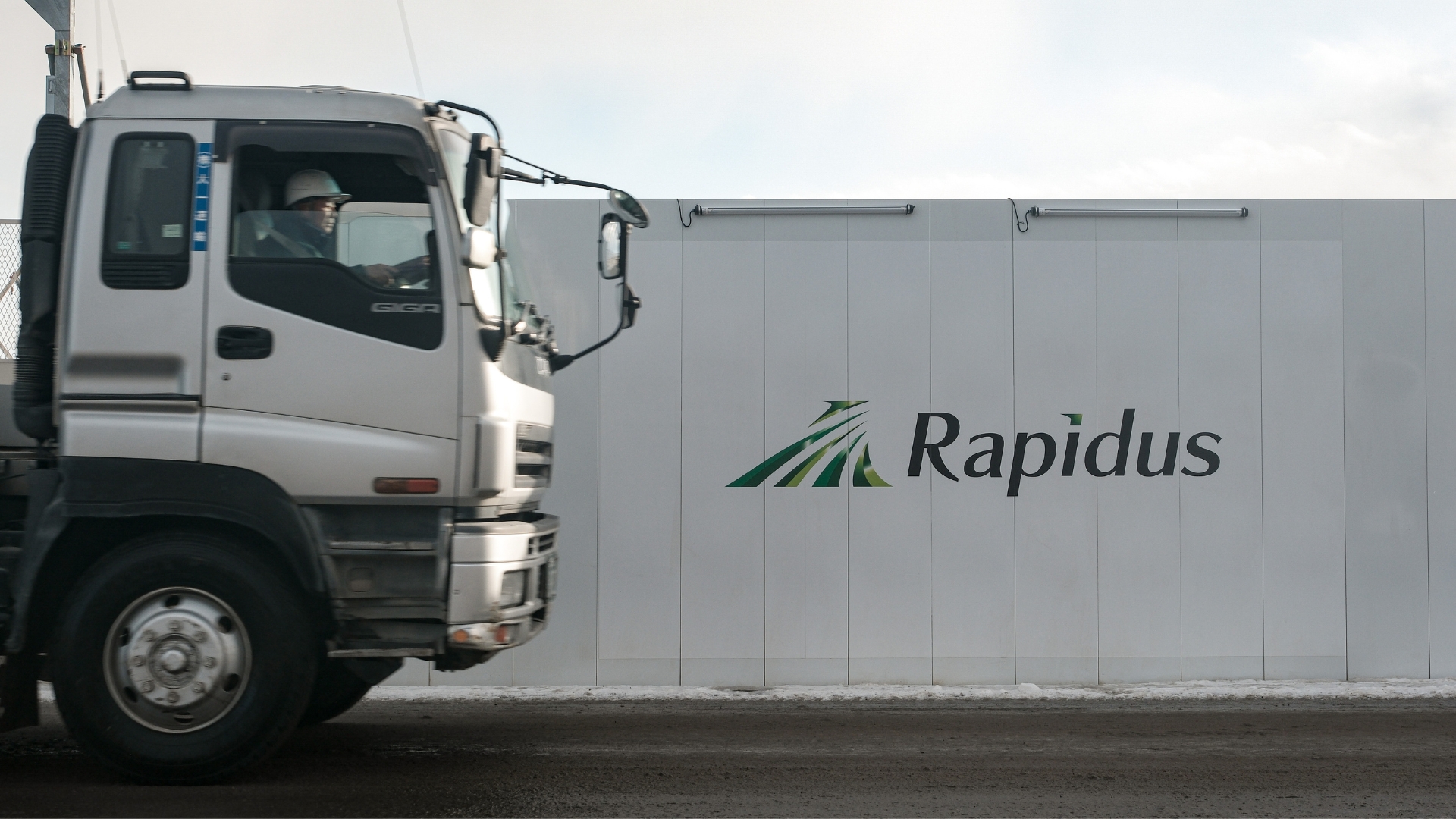Rapidus to start construction on 1.4nm fab in 2027 — research and development on node to begin next year
The Japanese chipmaker is looking to take on established fabs.

Rapidus, Japan’s homegrown challenger to Taiwan Semiconductor Manufacturing Company (TSMC), has announced that it will start building its next-generation 1.4-nanometer fab in fiscal year 2027, with production expected to commence in Hokkaido in 2029. According to Nikkei Asia, this move is expected to help the Japanese chipmaker close the gap with the Taiwanese chip-making giant, which has already revealed its 1.4-nm technology earlier this year. The company also said that it will begin full-scale research and development on the node starting next year.
The company is backed by several Japanese companies, including giants such as Toyota and Sony, as well as private financing institutions. Aside from this, the Japanese government has also invested heavily in the startup through subsidies and direct fiscal support. Rapidus has already received a commitment of JPY 1.7 trillion, or more than US$10 billion, with several hundred billion Yen expected to be infused into the company in the coming months.
Despite these massive inflows, Rapidus is still facing an uphill battle as it competes with established fabs like TSMC, Samsung, and Intel. Intel has already started production of 18A, its 2-nm class node, while TSMC is also moving up plans to output its latest node at its Arizona site due to strong AI data center demand. On the other hand, the Japanese chip maker is only expected to begin 2-nm mass production in the latter half of 2027 at its Chitose manufacturing plant. More than that, all the established foundries have struggled with yield issues before they were able to proceed with mass production, suggesting that Rapidus will experience the same problems.
Nevertheless, the company is still intent on pushing forward with its more advanced nodes even though it's playing catch-up with its 2-nm process. Aside from the expected 1.4-nm node that will be produced in the Hokkaido plant, Nikkei Asia also said that more advanced 1-nm chips may also be manufactured at the site.
Rapidus aims to compete against TSMC but has previously said that it’s only targeting a handful of companies — around five to ten, initially. The Japanese chipmaker has also claimed that its advanced packaging technique will make the production cycle, allowing it to streamline its processes versus its competitors. Nevertheless, former Intel CEO Pat Gelsinger said that it needs to offer something more advanced than that to successfully compete with established chip makers.

Follow Tom's Hardware on Google News, or add us as a preferred source, to get our latest news, analysis, & reviews in your feeds.
Get Tom's Hardware's best news and in-depth reviews, straight to your inbox.

Jowi Morales is a tech enthusiast with years of experience working in the industry. He’s been writing with several tech publications since 2021, where he’s been interested in tech hardware and consumer electronics.